Table of Contents
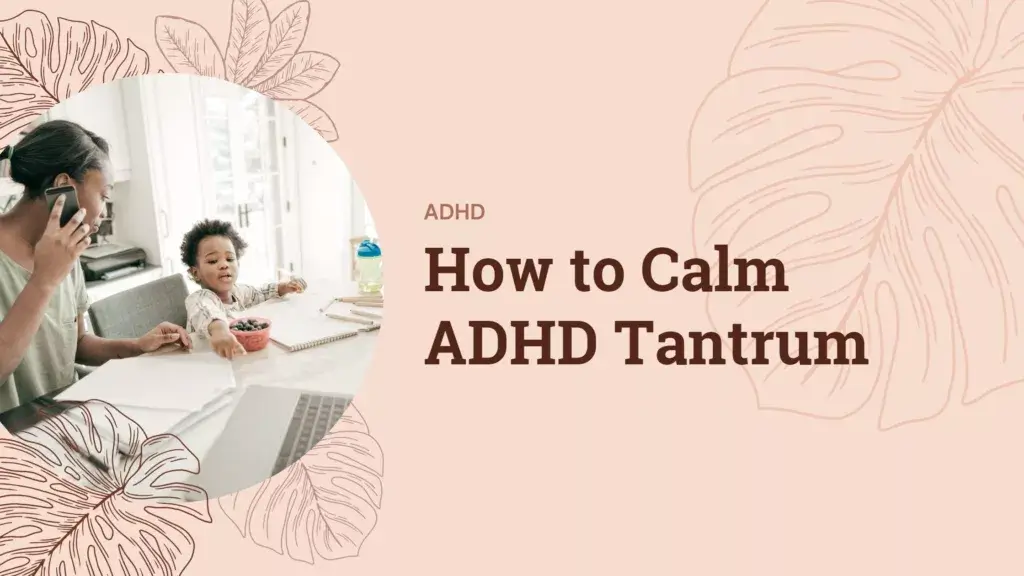
ADHD, or Attention Deficit Hyperactivity Disorder, is not just about difficulty focusing. It can also lead to emotional outbursts, commonly known as tantrums. If you’re a parent or caregiver to a child with ADHD, you’ve probably witnessed a few. Tantrums can be tough to handle, both for the child and the adult. But understanding what triggers these and how to calm ADHD tantrums.
Making Sense of ADHD Tantrums
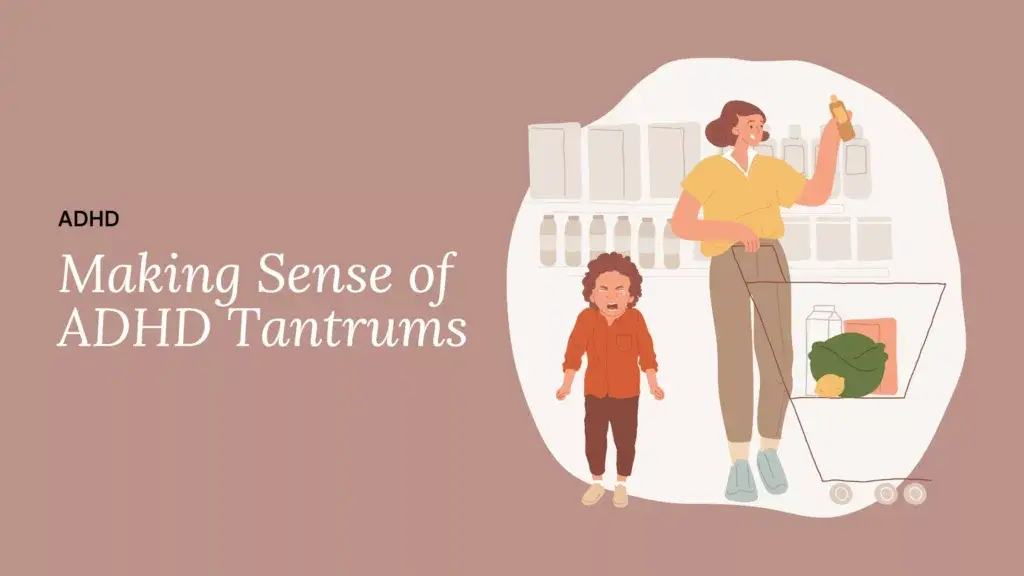
What Triggers Tantrums in Kids with ADHD?
ADHD tantrums often follow a pattern. They can be triggered by frustration, sensory overload, or sudden changes. Being aware of these triggers can help you anticipate and mitigate tantrums.
How Does ADHD Influence Emotional Control?
ADHD makes it harder for kids to regulate their emotions. They might react impulsively to feelings, leading to tantrums. Understanding this can help us respond with more empathy.
Strategies to Calm ADHD Tantrums
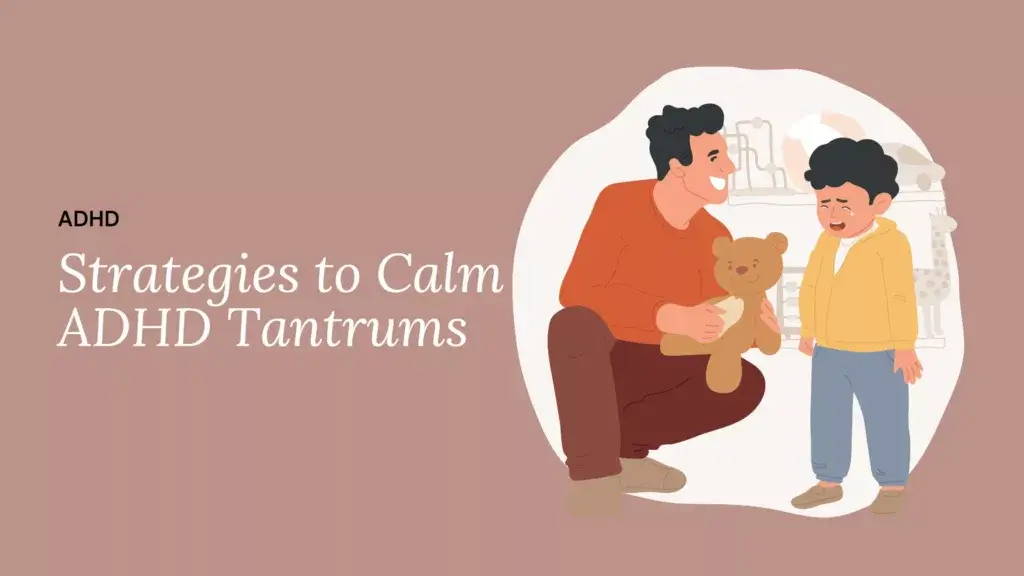
How to Create a Calm Environment?
Keeping the environment calm can help. Soft lighting, quiet spaces, and comforting objects can help your child feel secure.
What Are Self-Regulation Techniques?
Teaching your child self-regulation techniques, like deep breathing or counting, can empower them to manage their emotions better.
How Can Distraction and Redirection Help?
Sometimes, distraction or redirection can help. Engage your child in a different activity or topic to help them move on from the trigger.
Why Empathy and Validation Matter?
When your child is having a tantrum, they’re likely feeling overwhelmed. Validating their feelings and showing empathy can help them feel understood and supported.
Building Communication and Connection
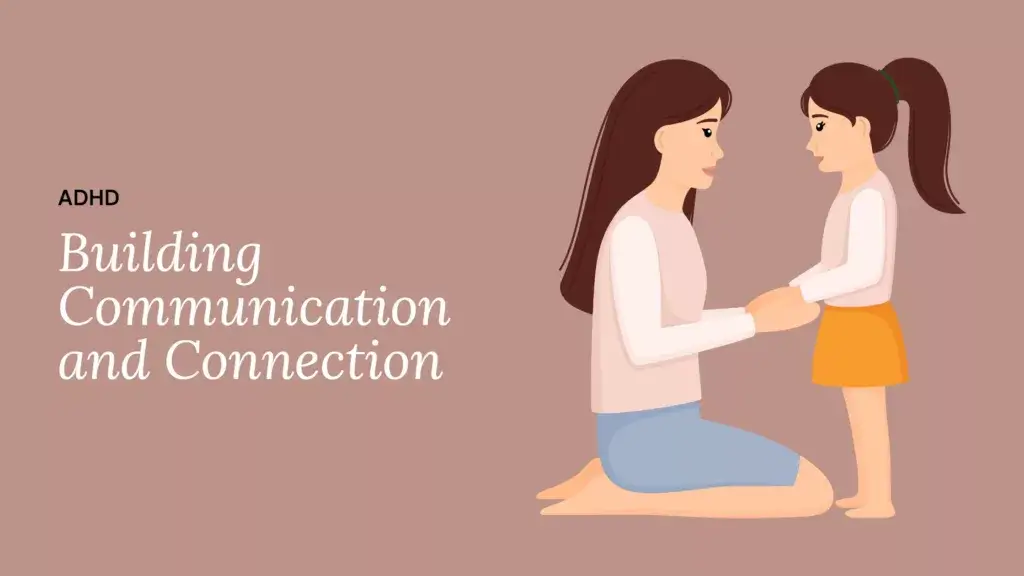
Why Is Open Communication Important?
Open communication helps your child feel heard. It allows them to express their feelings and frustrations more effectively.
How Can Routines and Expectations Help?
Establishing routines and setting clear expectations can provide a sense of security for your child. This can make it easier for them to navigate their day and reduce the likelihood of tantrums.
Strengthening the Parent-Child Bond
Remember, you’re not just managing tantrums – you’re also building a relationship. Spend quality time with your child, show them love and appreciation, and work on strengthening your bond.
Taking Care of Yourself as a Parent or Caregiver
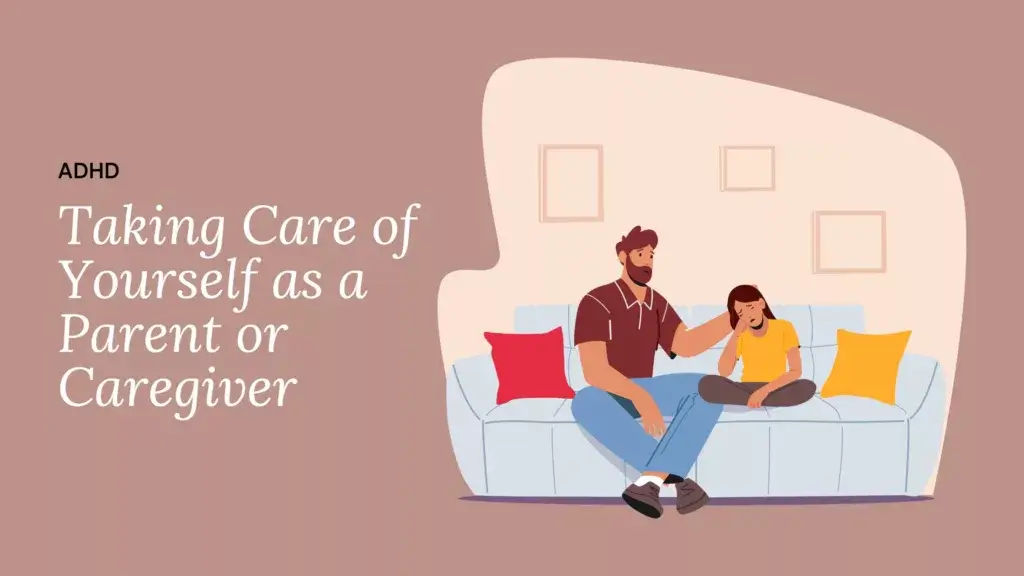
How Can Parents Manage Stress and Burnout?
Parenting a child with ADHD can be challenging and exhausting. That’s why self-care is so important. Simple things like taking a walk, meditating, or even just enjoying a cup of coffee in peace can help manage stress.
Where Can Parents Find Support and Resources?
Don’t forget that you’re not alone. There are many resources available for parents of children with ADHD, including online forums, support groups, and educational materials. Sharing your experiences and learning from others can provide a sense of comfort and understanding.
When to Seek Professional Help
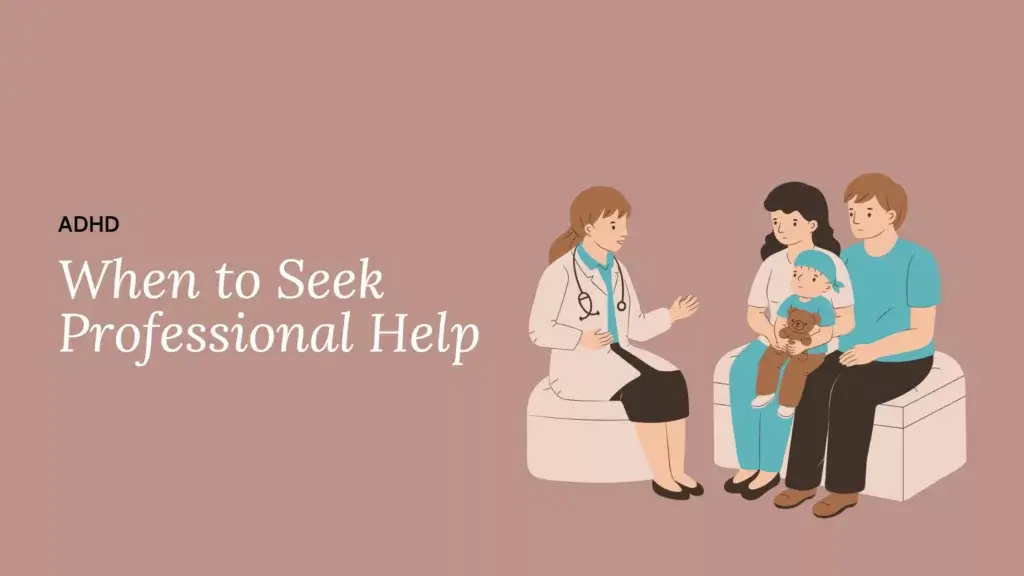
What Therapy and Counseling Options Are Available?
Therapy can be a great help. Cognitive-behavioral therapy, for example, can teach your child strategies to manage their symptoms, and family therapy can improve communication and reduce conflicts.
Should We Consider Medication?
Medication can also be beneficial for some children with ADHD, helping them to concentrate better and calm their impulsivity. It’s important to discuss this option with a healthcare provider to understand the benefits and possible side effects.
A Few Final Words
Parenting a child with ADHD can be tough, but remember, you’re doing an impressive job! Even on the challenging days, remember to be kind to yourself.
It’s easy to lose patience when your child is having a tantrum, but remember, they’re not doing it on purpose. Understanding their struggle and responding with patience can help to calm ADHD tantrums and reassure your child that they are loved and supported, no matter what.





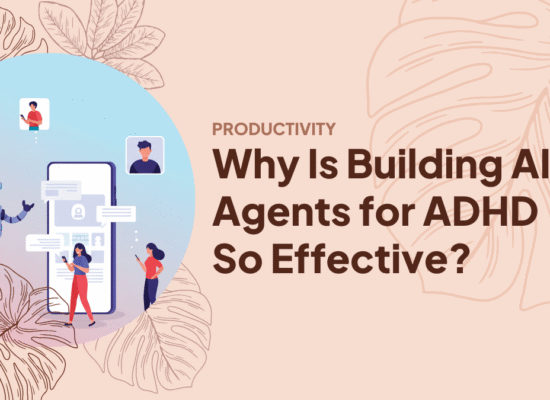
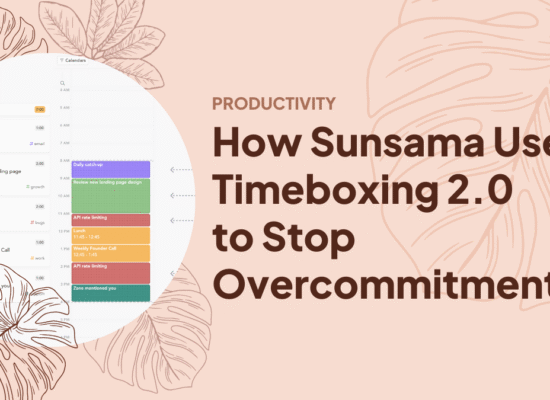

No Comment! Be the first one.